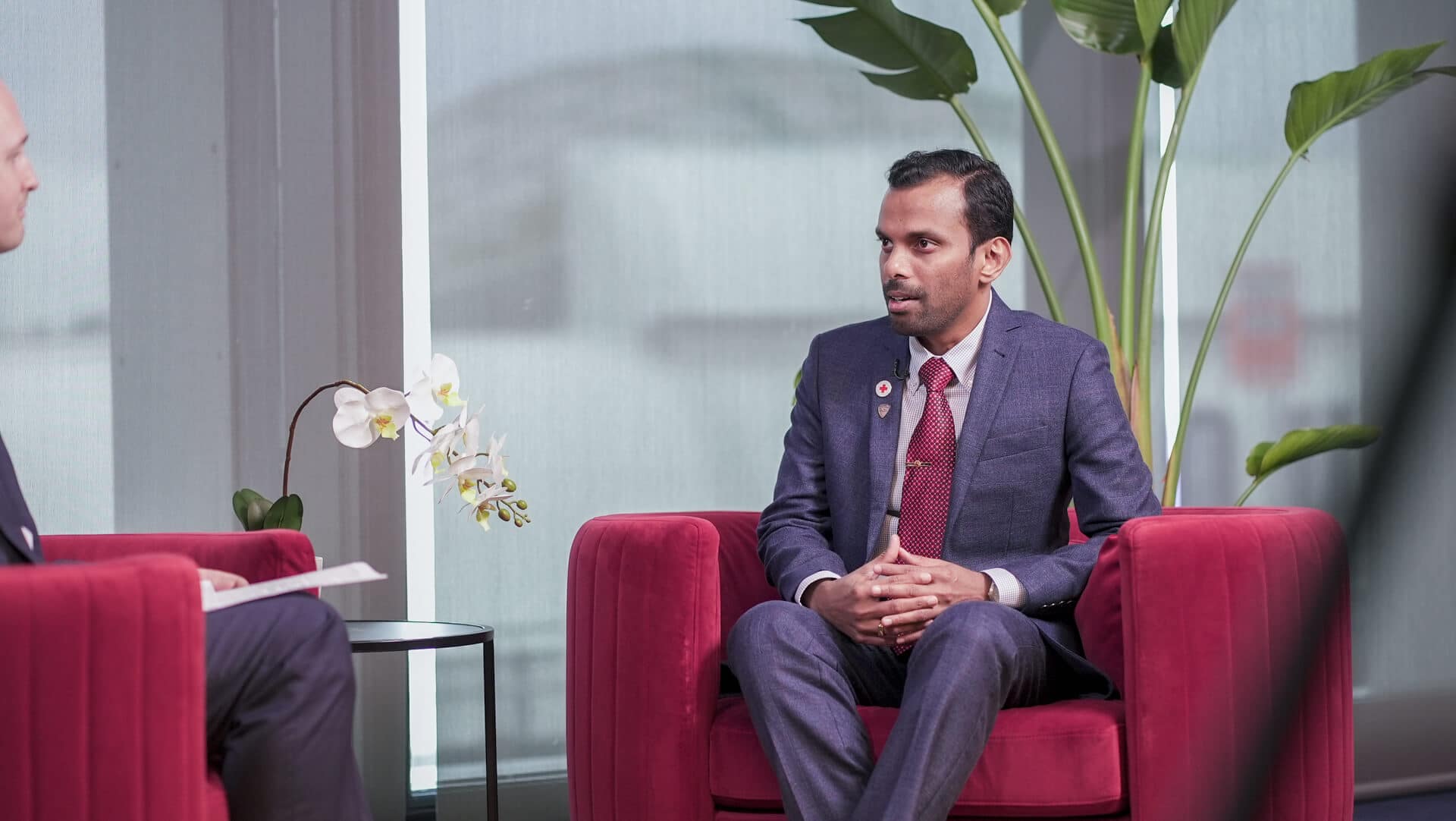According to ADAPT’s 2022 study of 486 technology, finance, and digital leaders, artificial intelligence is the third most invested in emerging technology by Australian executives.
AI can help to eliminate repetitive tasks whilst providing a rich understanding of the behaviours, expectations and desires of your target markets and employees.
Dr Mahendra Samarawickrama leads Australian Red Cross’ Data Science and Analytics team, narrowing their focus on mitigating bias in AI and ensuring the highest and best use of data.
In Mahendra’s interview at ADAPT’s Data Edge, he explains the application of the KITE model to drive purposeful outcomes when deploying AI.
This involves establishing risk appetites, determining what social justice framework you will follow, and collaborating on a solution across people, technology, and processes.



























